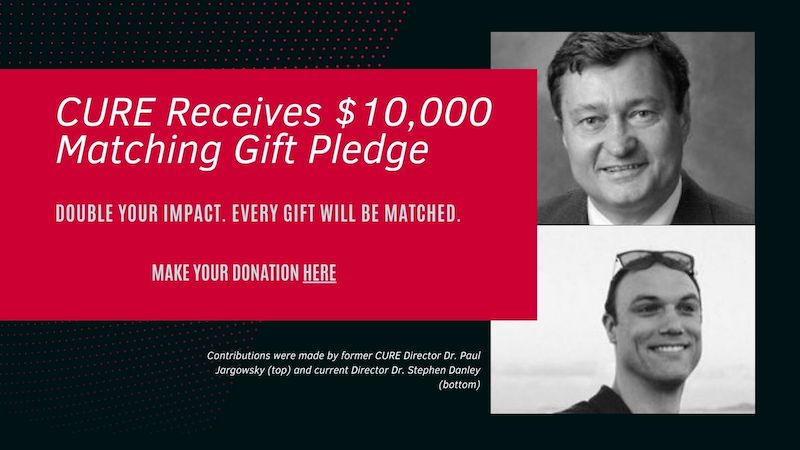Over the last few years community participation has become trendy in urban research. And while that’s a step in the right direction, it also leads to two competing challenges: 1) tokenistic participation done for good public relations and, 2) naïve participation that assumes getting community involved will fix deep structural challenges just because community is there. Those of us who have been immersed in this work know that getting participation right is hard.
That’s why I was so excited when CURE Graduate Assistant Melissa Thompson brought an opportunity to launch a youth participatory planning project to CURE. The program, called Y-Plan and developed by the University of California-Berkley, calls for youth to work with in a Civic Client on a development project. Here in Camden, our Civic Client, the Rowan University/Rutgers Camden Board of Governors, is working on a proposed development of a community-owned grocery store with youth participation through project partner Mighty Writers. For CURE, this is a chance to put our vision for participation into practice. It hasn’t been easy…
The simple logistics of building a youth program with multiple community partners and community artists on a short timeline have, at times, been overwhelming. Our team at CURE, including new hire Skye Horbrook who is the research manager for this project, has been fantastic.
The bigger challenge with Y-Plan has been making youth participation meaningful for youth and valuable for our Civic Client. Youth participation has its own perils; youth are often hyper aware of tokenism and adultism. If they have too little control in a project, they’re likely to rebel. On the other hand, if given too much freedom, youth sometimes bite off a bit more than they can chew, resulting in frustration and poor outcomes. Kirshner (2008) highlights this challenge and calls for “guided participation”, where youth maintain autonomy within projects, but are given support and structure.
Building that in our Y-Plan program has been difficult, but rewarding. We are balancing the goals and timeline of our Civic Client with realistic goals of what a youth program can accomplish in 10 weeks. The secret ingredient has been local artists who are working with youth on their vision. Folks from Muse Collaborative, We Live Here Collective, and other artists such as Erik James Montgomery and Reet Starwind have been working with youth on art projects that capture youth ideas for a community-owned grocery store.
On Dec. 17th (4-7pm), at Erik James Montgomery’s gallery on Market Street, we’ll have a showing of that art. Please save the date. We hope you can join us!
I look forward to sharing the latest news and reflections on Y-Plan in the coming months. You can sign up for updates Rowan University/Rutgers Camden Board of Governors on the development Co-Op Camden here.
– Stephen Danley

